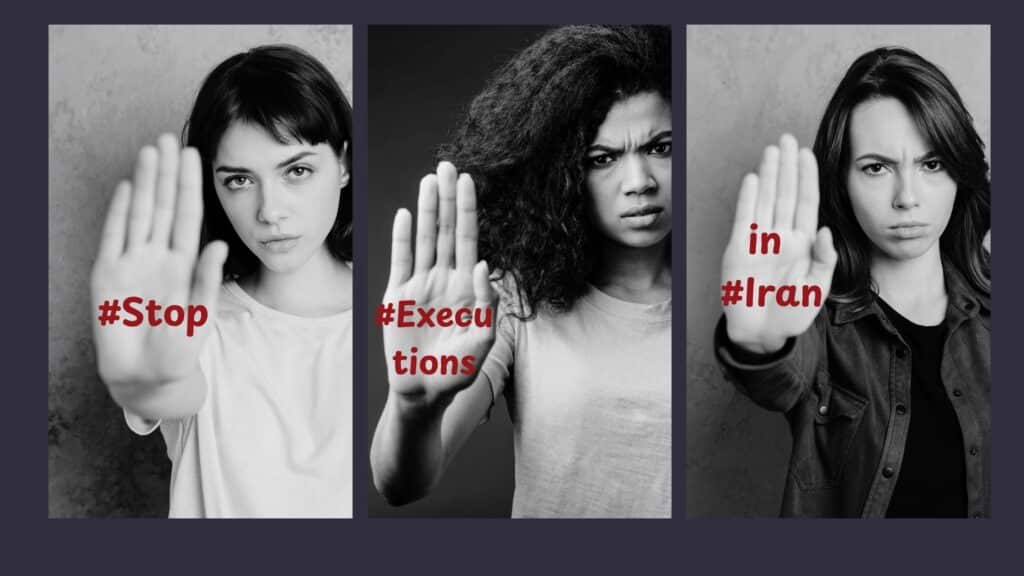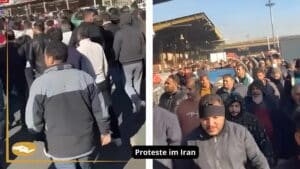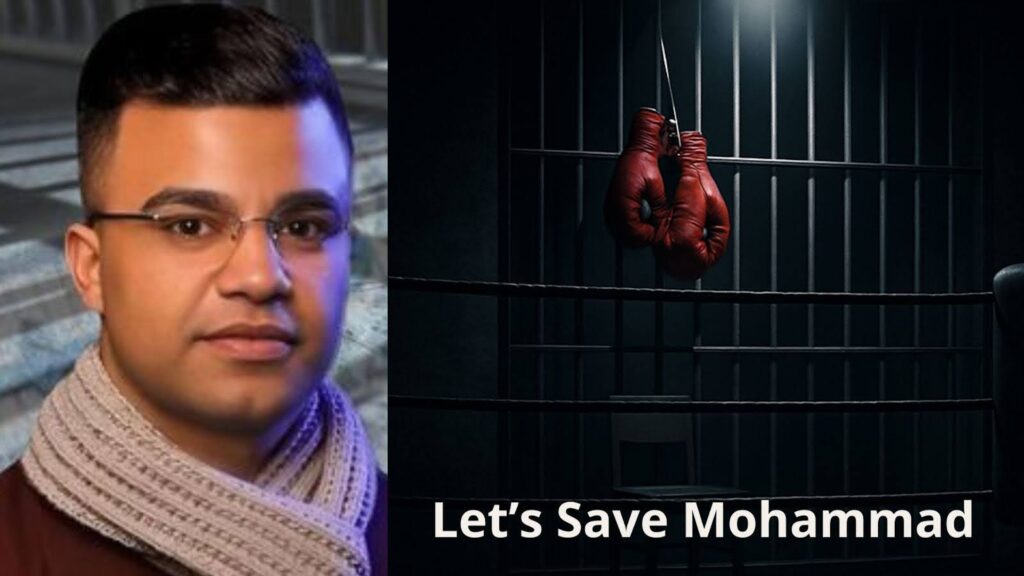On Thursday, June 19, 2025, the Iranian Parliament approved an urgent two-reading bill titled “Intensifying Punishments for Collaborators with Hostile States.” The move has raised deep concerns among human rights organizations and the families of political and ideological prisoners. Experts warn that this bill may facilitate the issuance of harsh sentences—including the death penalty—against individuals who are imprisoned solely for their peaceful activism, opinions, or beliefs.
Vague charges and the absence of due process
In past years, the accusation of “collaboration with a hostile government” has frequently been used against civil society activists, researchers, journalists, and even dual nationals. These charges are often brought without credible evidence and in the absence of transparent and fair judicial proceedings. In numerous cases, such accusations have led to death sentences.
Rising fears amid an increasingly militarized climate
As regional tensions escalate and security measures intensify, there has been a notable rise in arrests based on a wide array of vague accusations, such as publishing critical content about war, engaging with foreign media, or even filming public places. In many of these instances, digital data obtained from detainees’ mobile phones, laptops, and online communications have been used to build legal cases and exert additional pressure on them.
Historical precedent: the 1988 fatwa and the mass execution of political prisoners
Iran’s recent legislative developments evoke painful historical memories. A particularly alarming precedent is the mass execution of political prisoners in the summer of 1988, following a religious decree (fatwa) issued by Khomeini. That fatwa, delivered under the pretext of wartime conditions despite the ceasefire between Iran and Iraq, opened the door to one of the most extensive political purges in the country’s modern history.
Thousands of prisoners—many of whom had already served a portion of their sentences or were nearing release—were executed following minutes-long trials held in secrecy, without legal representation or proper judicial procedure. The events have been documented by international human rights organizations as crimes against humanity.
This historical context highlights the danger of vague charges being used as tools of repression. When legal systems lack transparency, independence, and accountability, they can quickly become instruments of injustice, placing countless lives at risk.








